Results
-
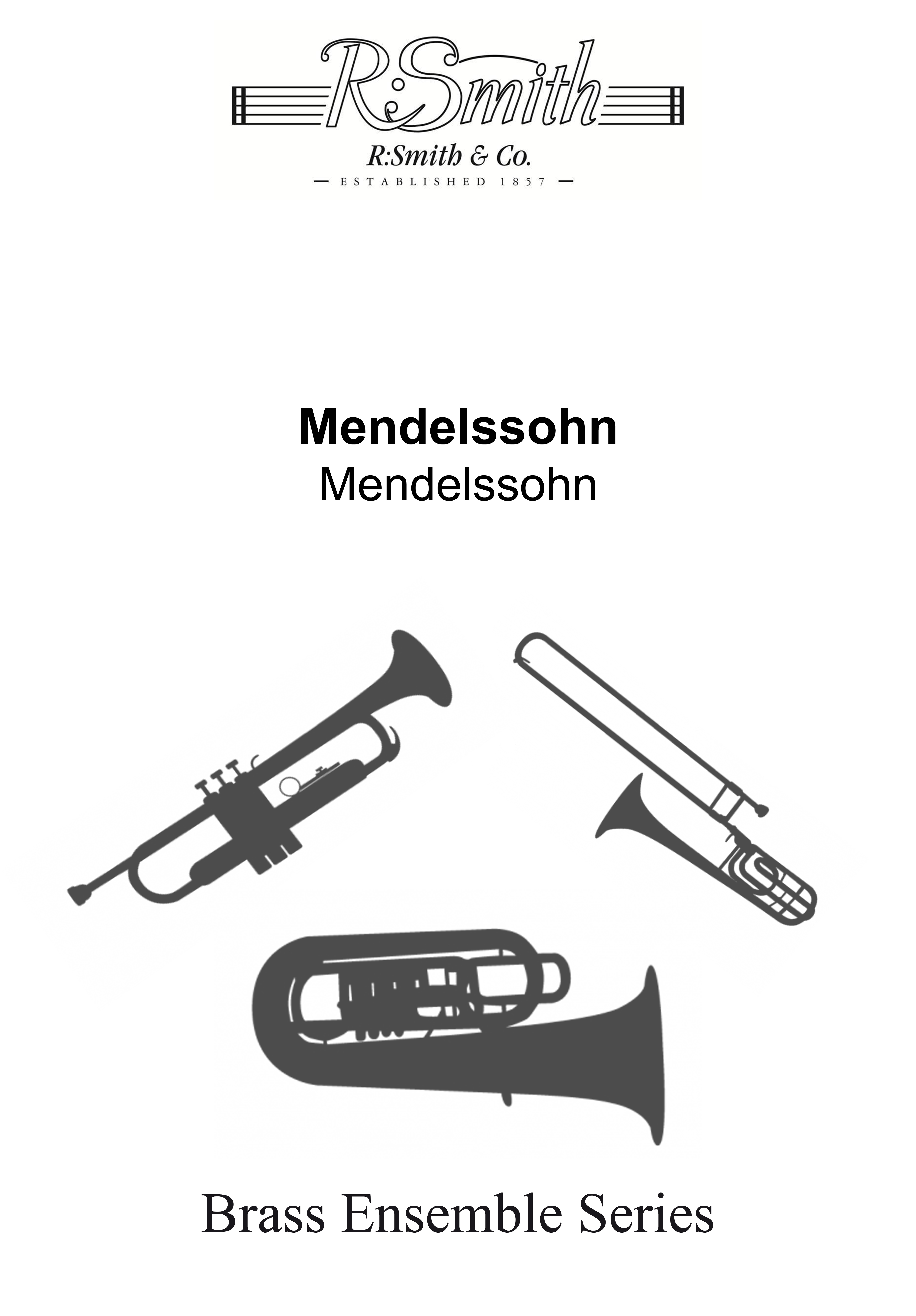 £5.95
£5.95Mendelssohn (Brass Quartet - Score and Parts)
Written for 2 Cornets, Eb Horn and Euphonium TC.
Estimated dispatch 7-14 working days
-
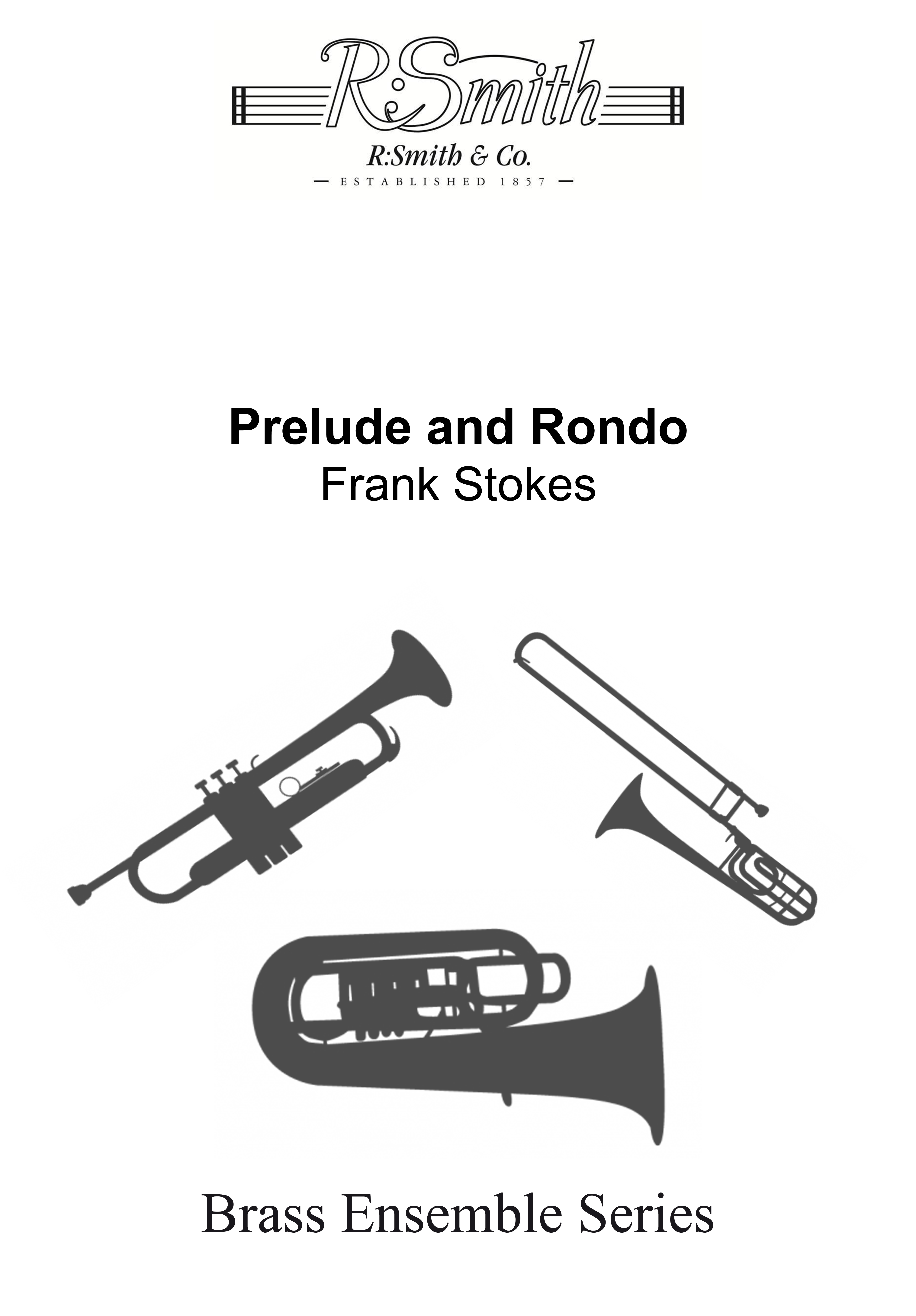 £9.95
£9.95Prelude and Rondo (Brass Quartet - Score and Parts)
Written for 2 Cornets, Eb Horn and Euphonium TC.
Estimated dispatch 7-14 working days
-
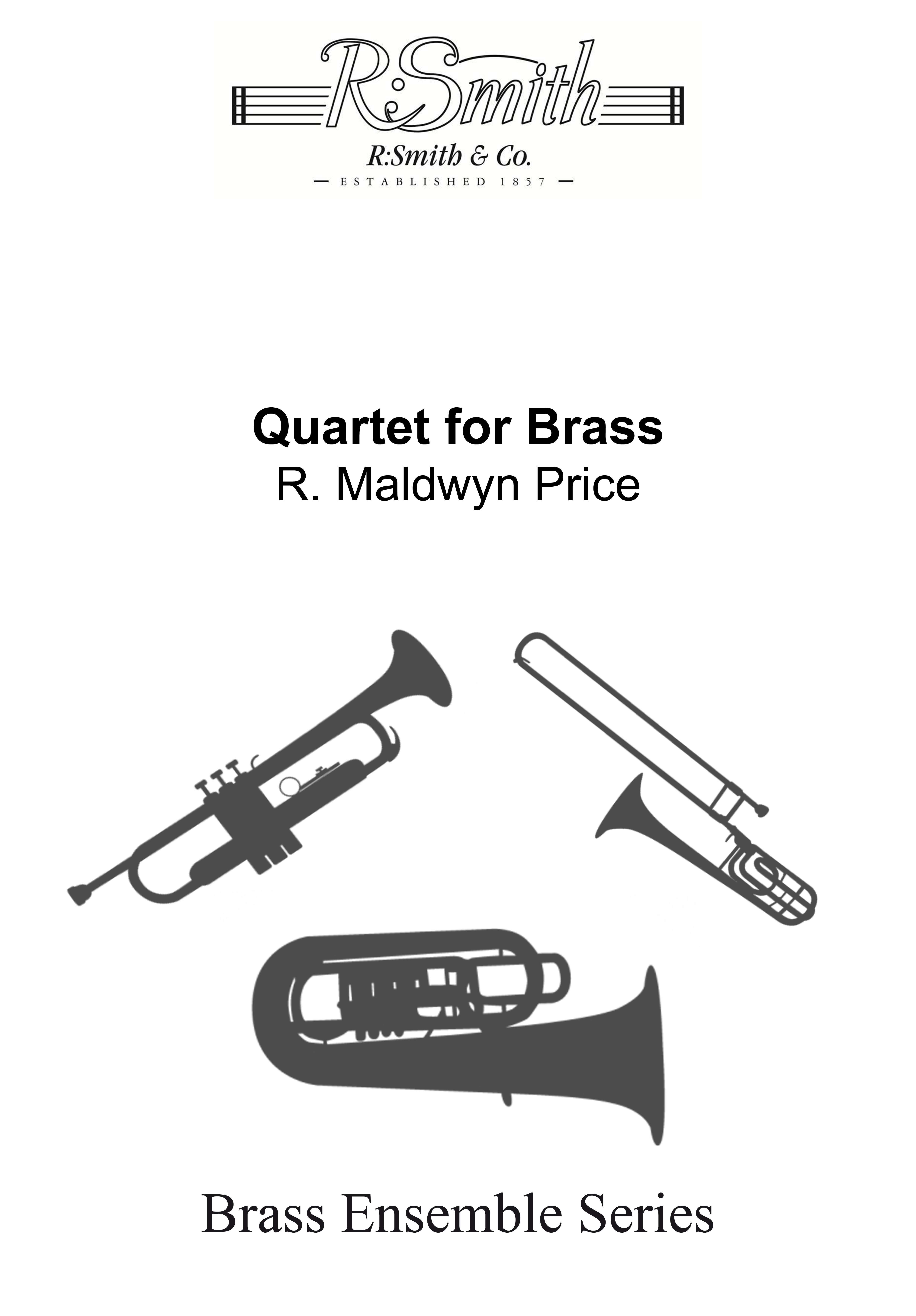 £9.95
£9.95Quartet for Brass (Brass Quartet - Score and Parts)
Written for 2 Cornets, Eb Horn and Euphonium TC. Includes: Minuet; Lament; Rondino.
Estimated dispatch 7-14 working days
-
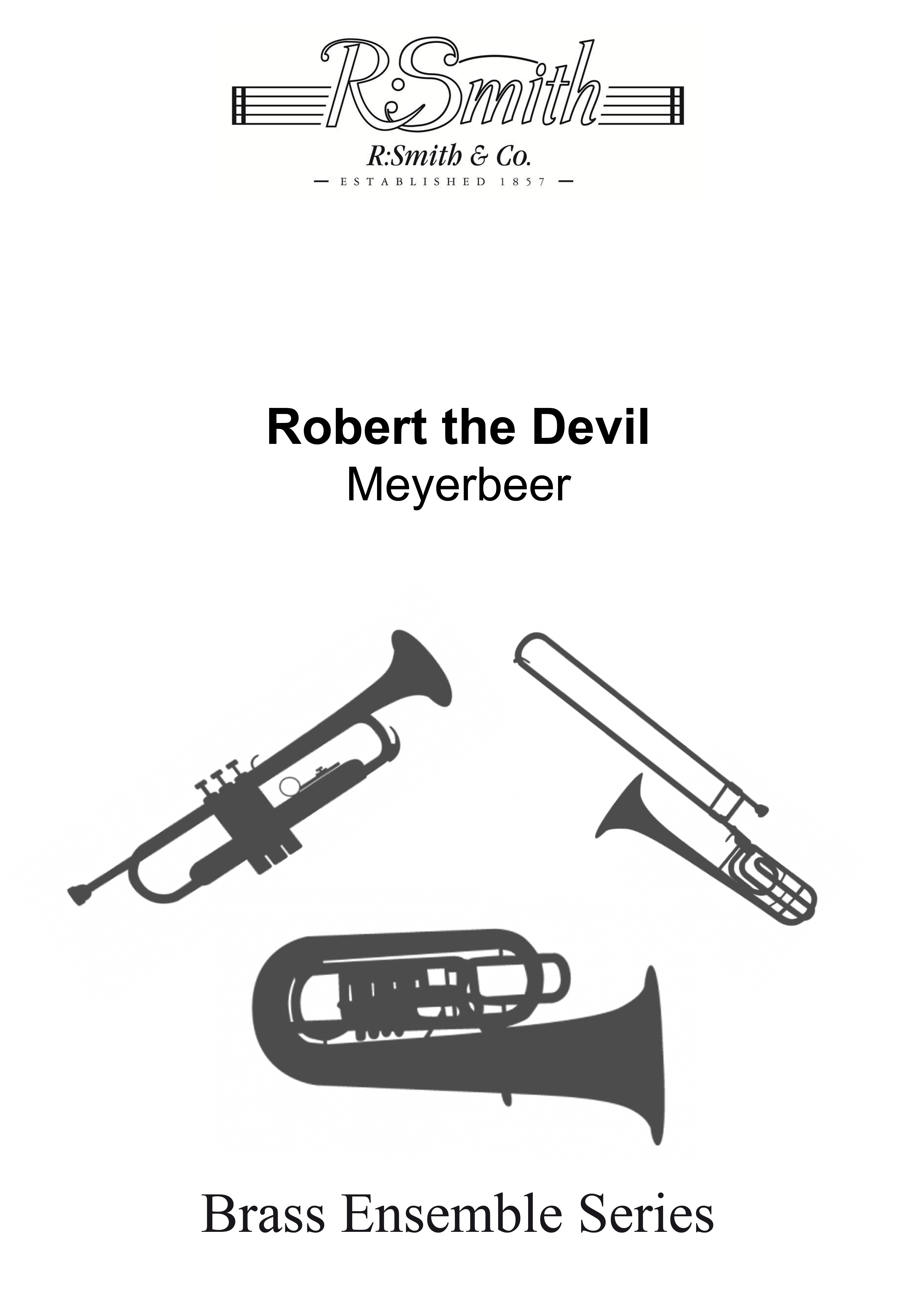 £5.95
£5.95Roberto Il Diavolo (Brass Quartet - Score and Parts)
Written for 2 Cornets, Eb Horn and Euphonium TC.
Estimated dispatch 7-14 working days
-
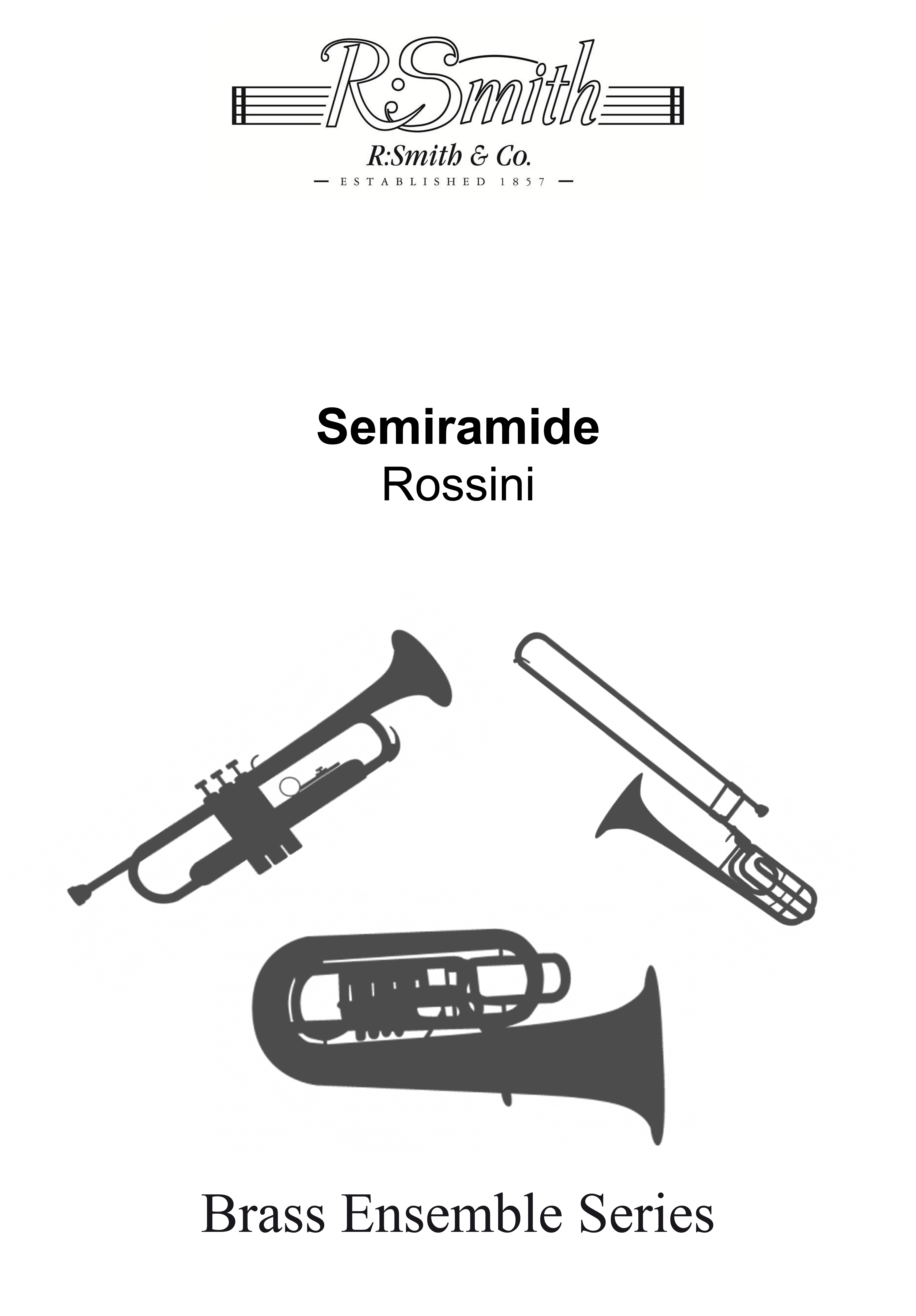 £5.95
£5.95Semiramide (Brass Quartet)
Written for 2 Cornets, Eb Horn and Euphonium TC.
Estimated dispatch 7-14 working days
-
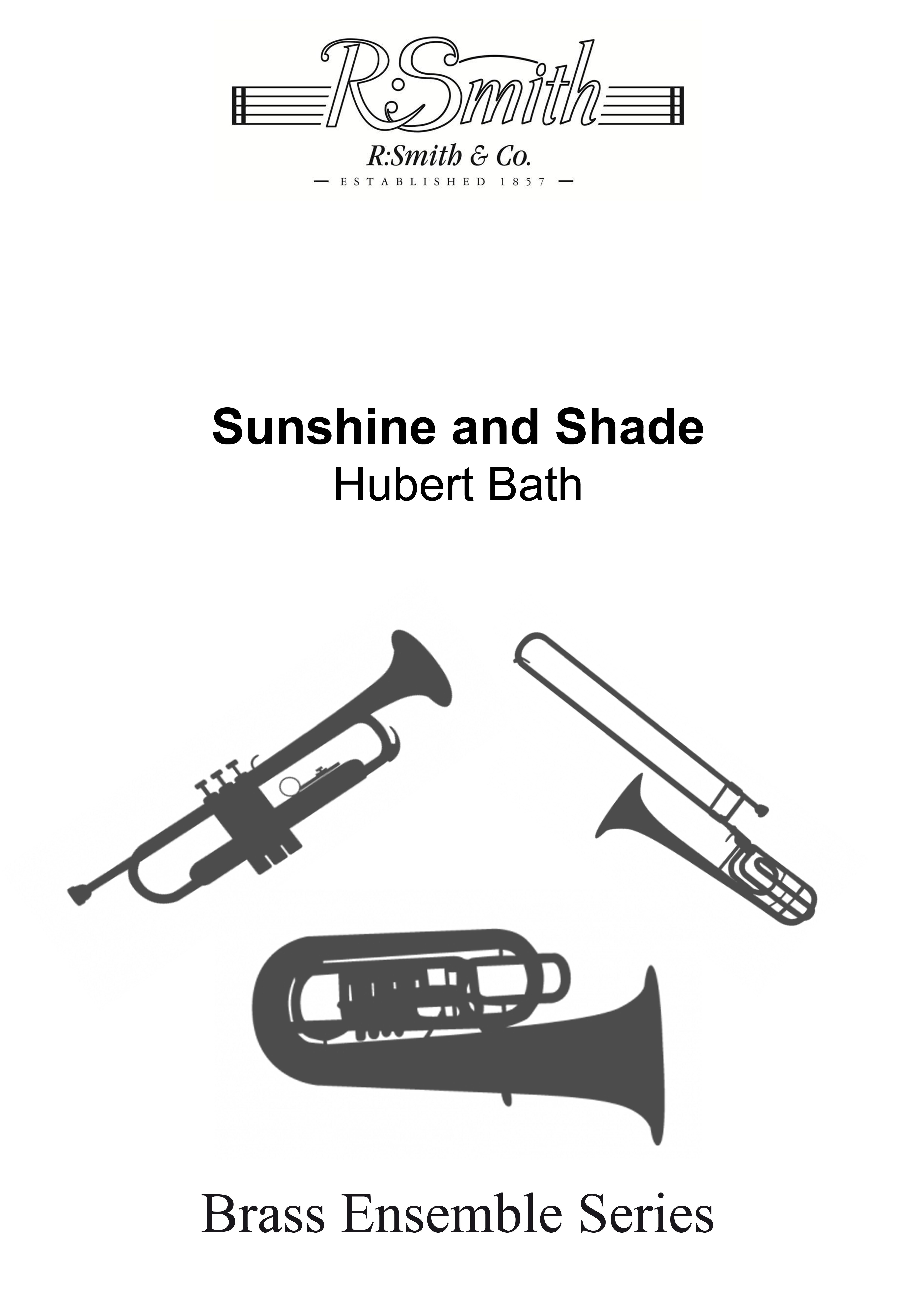 £5.95
£5.95Sunshine and Shade (Brass Quartet - Score and Parts)
Written for 2 Cornets, Eb Horn and Euphonium TC.
Estimated dispatch 7-14 working days
-
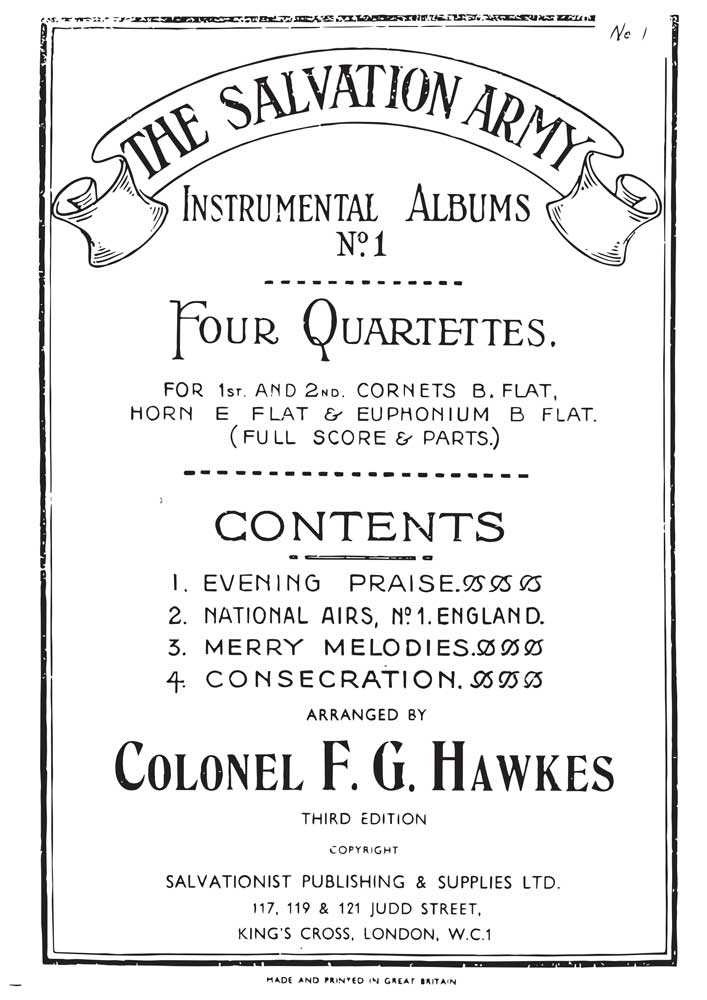 £14.95
£14.95Instrumental Album No.1 - Four Quartettes
Includes: Evening Praise; National Airs, No.1 - England; Merry Melodies; ConsecrationInstrumentation: 2 Cornets, Eb Horn & Euphonium (Bb)
Estimated dispatch 7-14 working days
-
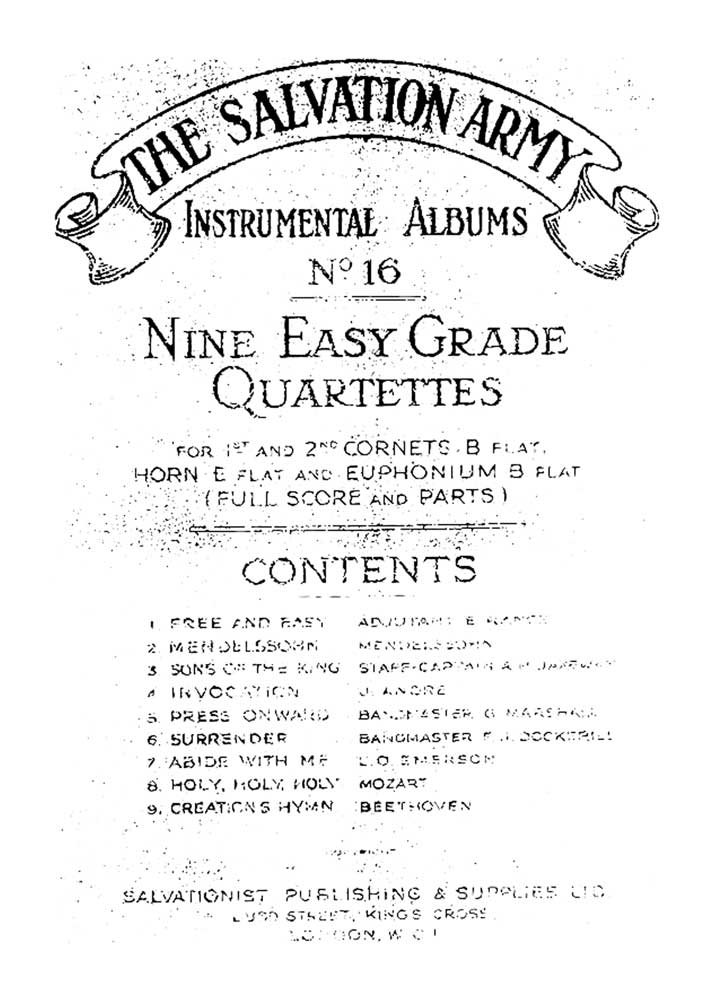 £14.95
£14.95Instrumental Album No.16 - Nine Easy Quartettes
Includes: Free and Easy; Mendelssohn's Songs; Sons of the King; Invocation; Press Onward; Surrender; Abide with Me; Holy, Holy, Holy; Creation's HymnInstrumentation: 2 Cornets, Eb Horn & Euphonium (Bb)
Estimated dispatch 7-14 working days
-
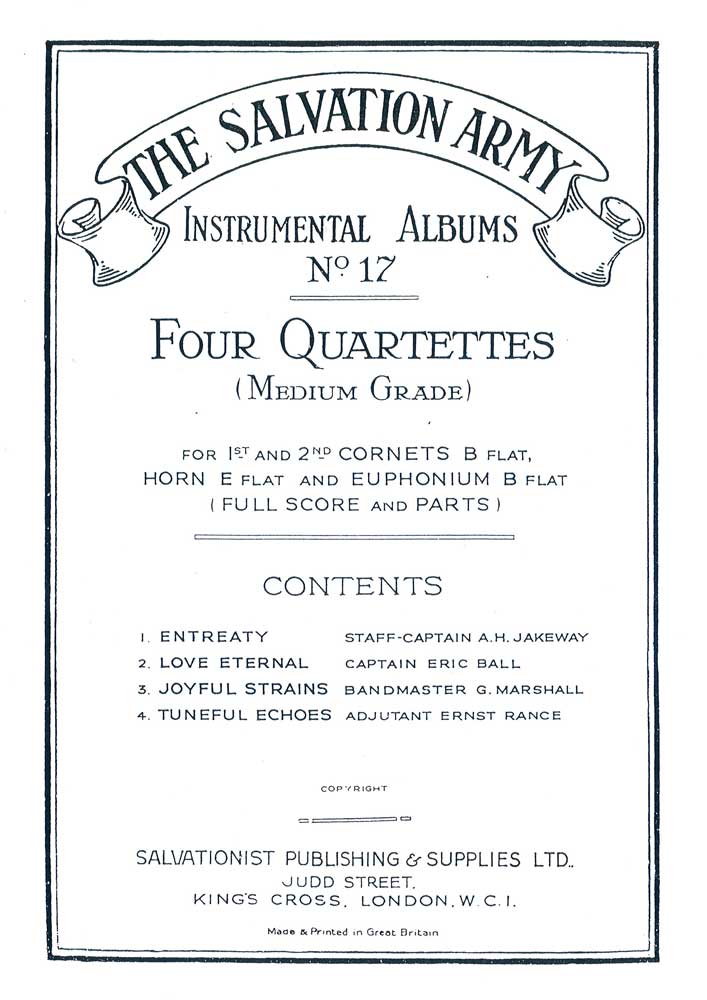 £14.95
£14.95Instrumental Album No.17 - Four Quartettes
Includes: Entreaty; Love Eternal; Joyful Strains; Tuneful EchoesInstrumentation: 2 Cornets, Eb Horn & Euphonium (Bb)
Estimated dispatch 7-14 working days
-
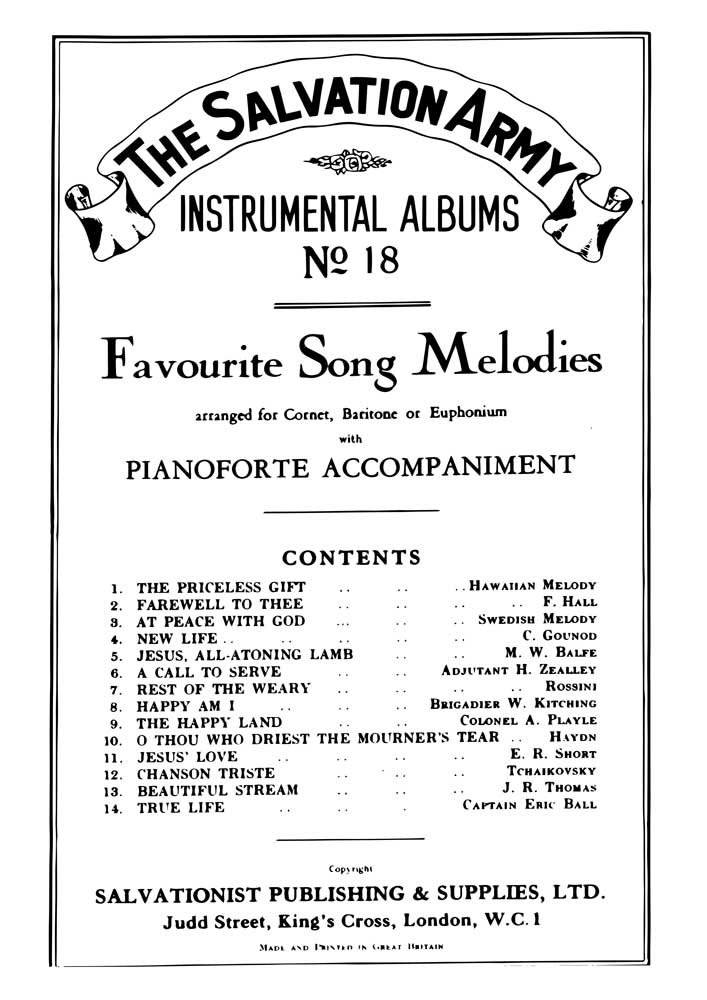 £14.95
£14.95Instrumental Album No.18 - Favourite Song Melodies
Includes: The Priceless gift; Farewell to thee; At peace with God; New Life; Jesus, all-atoning lamb; A Call to serve; Rest of the weary; Happy am I; The Happy Land; O thou who driest the mourner's tear; Jesus' Love; Chanson Triste; Beautiful Stream; True LifeInstrumentation: Cornet, Baritone or Euphonium with Piano Accompaniment
Estimated dispatch 7-14 working days
